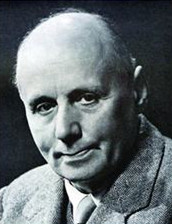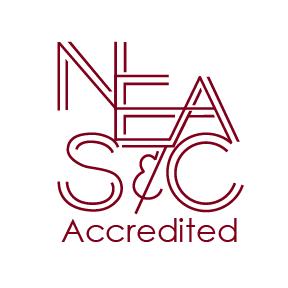Myanmar Student Paing Promotes Educational Equality
Issue date:2024-12-06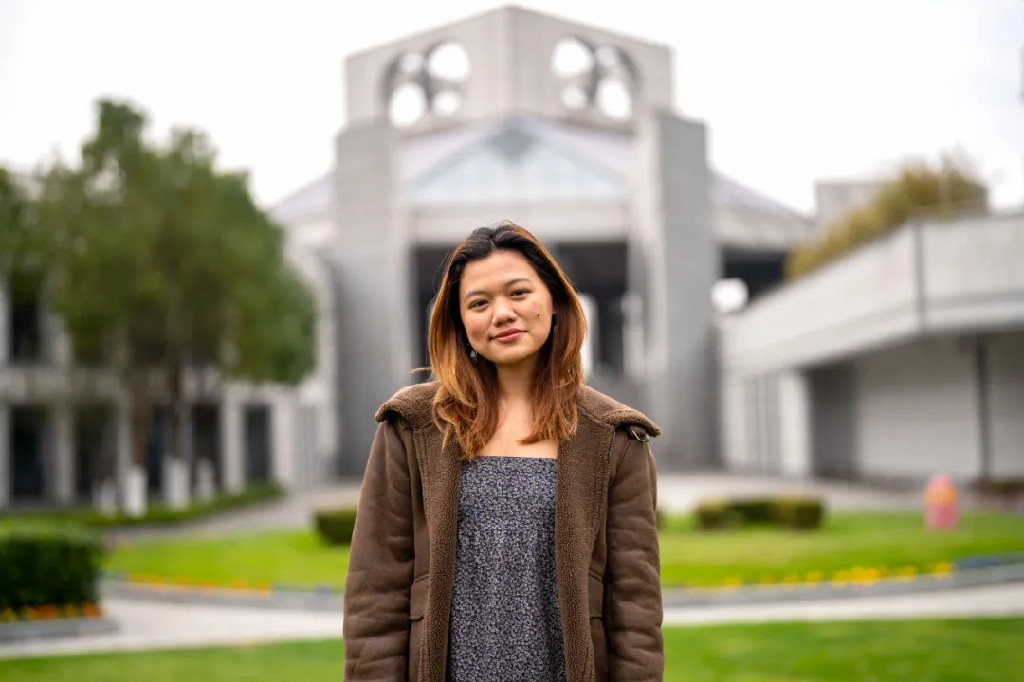
Recently, Paing Thu Thu Khin, a DP2 student from Yangon, Myanmar, was awarded the Rise Scholarship, becoming the first student to receive this honor from UWC Changshu China since the school's founding. This scholarship will provide comprehensive financial support for her future studies and living expenses at the university.
The Rise program is dedicated to identifying and nurturing talented young people by offering lifelong, personalized support to help them develop their skills and give back to society. Each year, 100 outstanding young individuals from around the world are selected as Rise Global Winners.At the heart of the program is the requirement for applicants to design and implement action plans that address social issues important to them.
During her DP1 studies at UWC Changshu, Paing applied for the Rise Scholarship and returned to Myanmar earlier this year to implement her project.
The Rise official website has praised her efforts:
Motivated by her desire to improve marginalized communities, Paing's Rise project aims to demystify a normal bodily function by providing menstrual education to nunneries serving orphaned girls and refugees. Paing plans to use her education to create an equitable future for all in her country.
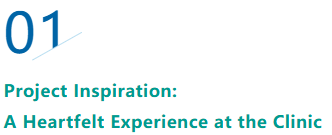
In 2021, Paing volunteered at a welfare clinic in Myanmar in an industrial area focused on garment production where local resources were limited. During her time there, she met a nun who had suffered from a bacterial infection caused by a lack of sanitary pads and inadequate menstrual education. After discussing the situation with the clinic's doctors, she discovered that many girls in nearby nunneries faced similar health challenges.
Paing reflected on her mother's experiences: in Myanmar, it's a coming-of-age tradition for teenagers to spend a week in a nunnery or monastery. Her mother had also spent time in a nunnery, often under difficult conditions. These nunneries and monasteries survive on donations, but the nunneries receive far less support than monasteries for male monks. As a result, limited funds are prioritized for food and clothing, leaving menstrual supplies neglected and contributing to health issues for many girls.
Additionally, Paing realized that her own education on menstrual health had been limited. She understood that menstruation often leads many girls to experience feelings of shame and embarrassment. Many of the girls in nunneries are refugees or orphans who may have never received any menstrual education. Paing realized that menstruation is a natural part of life, and a lack of proper knowledge could seriously harm their well-being and health.
As a result, Paing always hoped to make a difference for these girls. By the end of 2023, when she decided to apply for the Rise program, she envisioned providing menstrual education and raising awareness about health in the nunneries. Although she was initially concerned that the conservative heads of the nunneries might not accept her plans, she ultimately chose to embark on her journey.
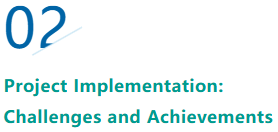
As Paing expected, it was challenging to convince the heads of the nunneries to accept her teaching proposal. Some of the older members didn't outright reject it because they recognized the various issues within the nunnery, but they still seemed hesitant. Fortunately, a young and open-minded head of one nunnery became an important supporter. She understood Paing's goals and helped communicate her ideas, eventually persuading the others to support her proposal.
This led to a valuable opportunity for Paing to deeply engage with a community of around 600 nuns.
In this isolated environment, where smartphones were not available to the nuns, Paing decided to distribute paper questionnaires to learn about their understanding and needs regarding menstruation. She spent considerable time organizing and analyzing the responses. As she anticipated, most nuns had very little knowledge about the biological reasons for menstruation and were held back by various taboos, such as the belief that they couldn’t wash their hair or eat certain foods during their periods.
Based on the questionnaire results, Paing began to prepare her curriculum carefully. Using her biology and medical knowledge, she included diagrams of the body to explain menstruation from a scientific perspective and to correct common misconceptions. To ensure her content was accurate, she consulted a doctor from the clinic where she volunteered, who reviewed her teaching materials. Since there were many participants, she divided the course into two sessions, each for 300 nuns.
Knowing that the nuns had limited financial resources, Paing sought advice from the clinic on making homemade sanitary pads using simple fabric. She also taught them how to properly dispose of these hygiene products. "In the area around the nunnery, used menstrual supplies are often thrown away carelessly, which can lead to health risks. I hope that through the teaching, I can help change this situation." Throughout the process, she aimed to make the curriculum relevant to the participants' actual needs, providing practical help based on her survey findings.
In addition to teaching about menstruation, Paing encouraged the nuns to think critically.She guided them through questions that prompted reflection on their views about menstruation, exploring the origins of those views and the factors that influenced them. Paing emphasized the importance of applying this critical thinking to other areas of their lives as well.
During the teaching sessions, Paing felt a great sense of reward when, at the end of the class, a nun took the microphone to share her thoughts. Paing said, "Seeing everyone engaged and passionate about this topic made all my efforts feel worthwhile. I was initially worried that this topic might make people uncomfortable, but everyone participated and was enthusiastic. I am really happy to see them feel empowered to express their thoughts and reflect on the topic."”
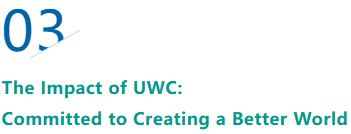
Paing's experience at UWC Changshu China has had a significant impact on her. During UWC Day in 2023, she attended a human library session led by board member Wesley Zhao. There, she learned about his work in starting the Project Volunteer Online and his dedication to promoting educational equality. Wesley also shared details about the Rise program, which inspired Paing to apply for the scholarship.
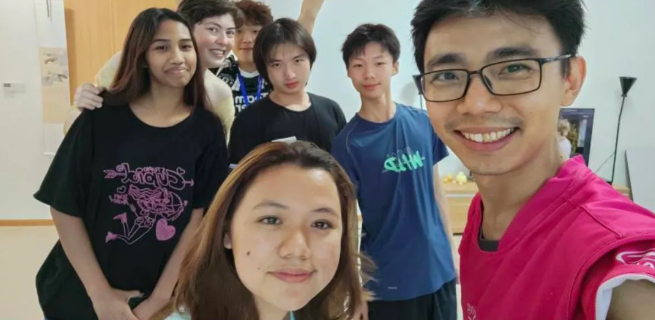

Paing's life at UWC Changshu China

When I first arrived at UWC Changshu China, my dream was to become a doctor because it seemed like a feasible task—to provide treatment to those in need. The challenges in Myanmar felt beyond my capacity to handle. However, at UWC, I see hundreds of young people, who are all passionate about different things but are united in their hope for a better world. Talking to people with deep aspirations who take themselves seriously, I gained the courage to pursue my dream.
And even Rise constantly reinforces this idea for me. I look through the projects of past Rise winners and see how completely different they are from one another, and it shows me how people are collectively building better communities. Now, my goal is to study politics and see what I can do for my country. Before coming here, I thought this goal was too ambitious, but being surrounded by determined people has given me confidence.


Looking ahead, Paing plans to work with established organizations to expand educational programs and promote educational equality. She is especially focused on the needs of nuns, hoping to use funding from Rise to help them access higher education or vocational training.

Paing's House: Bari
Paing understands that many nuns, lacking educational backgrounds, often end up in low-paying factory jobs or marry and have children at a young age. She aims to provide them with more educational opportunities so they can gain skills, achieve financial independence, and break the cycle of poverty and early marriage.







